Keywords: Christchurch Attack
-

INTERNATIONAL
- Michele Frankeni
- 07 February 2023
1 Comment
When she felt she could not fulfil her duties as a leader with the energy and commitment that it required, Jacinda Ardern stepped away from the job. She made a point of saying that though there will be speculation about her walking away, it was nothing more complicated than the job required more commitment than she felt able to bring.
READ MORE 
-
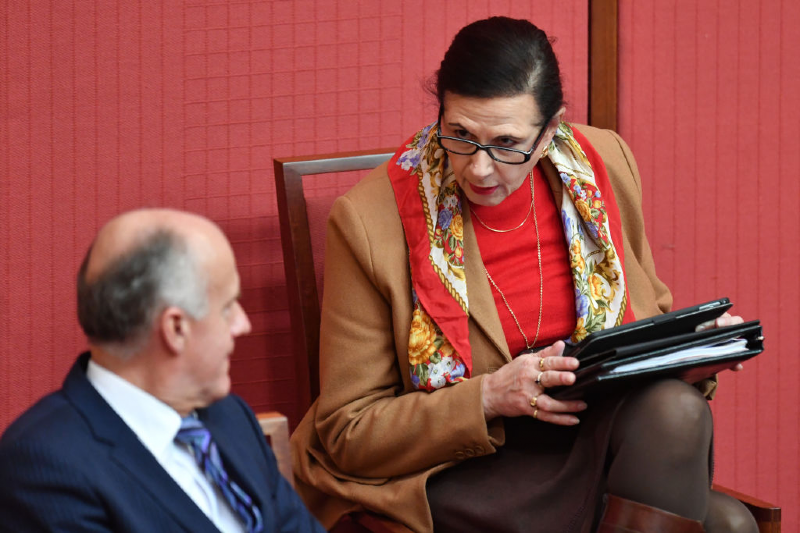
MEDIA
- Irfan Yusuf
- 22 September 2020
10 Comments
The strange thing is that those chest-beating about terrorism rarely made an issue of when terrorists of the modernist Islamist variety (such as al-Qaeda, Jemaah Islamiyah and ISIL) attacked mosques, Muslim shrines and Muslim congregations. Nor do they report of just how fringe and hated these groups are in their own countries where the bulk of their attacks take place.
READ MORE 
-
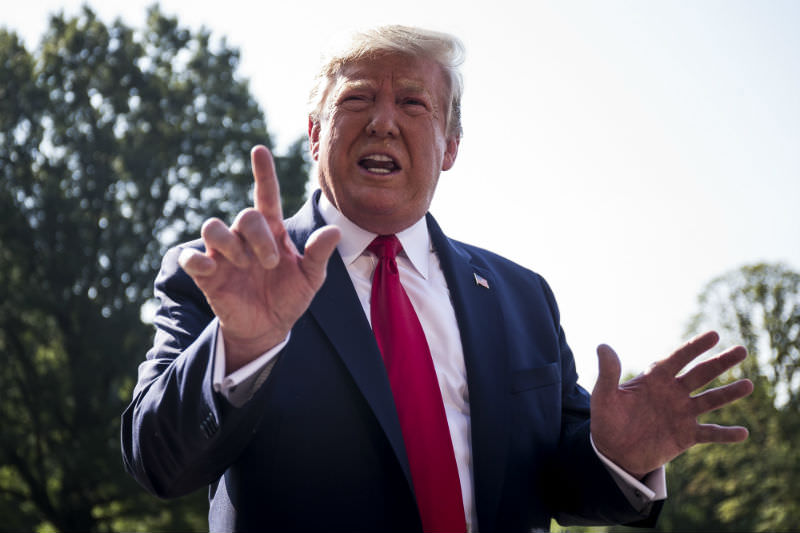
INTERNATIONAL
- Jeff Sparrow
- 07 August 2019
4 Comments
The widespread despair about climate change, and the seeming inability of progressives to offer a solution, provides fertile soil for ecofascism to grow. In a sense, given the scale of the crisis, their apocalyptic vision of an environmental race war can sound more realistic than the pallid centrist nostrums that everyone knows won't work.
READ MORE 
-
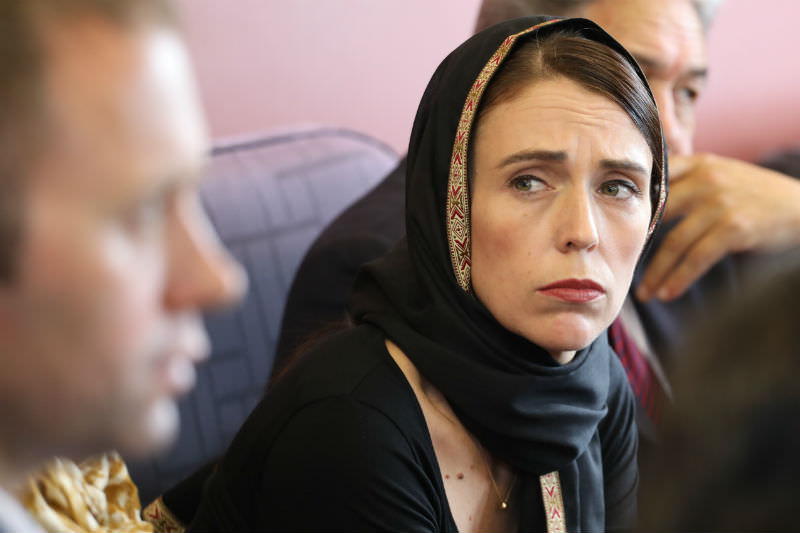
INTERNATIONAL
- Genevieve Lloyd
- 04 June 2019
8 Comments
When Jacinda Ardern uttered the words 'They are Us' in the aftermath of the terrorist attacks in Christchurch, a powerful vision hovered over the impending debates on the meaning of what had happened. Something hitherto invisible came into view and was repudiated: a conceptual structure underlying the operations of social power.
READ MORE 
-
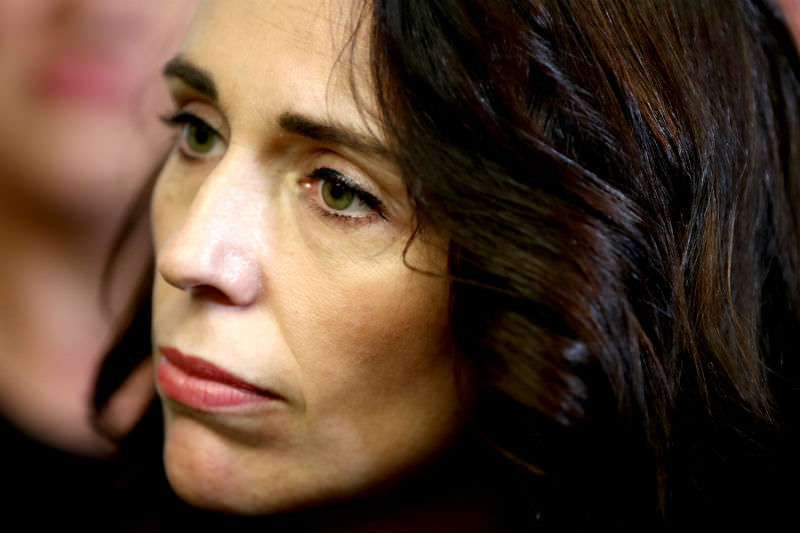
MEDIA
- Binoy Kampmark
- 20 May 2019
The troubling feature of this move is that governments are urging online companies to become vigilant gatekeepers and policing agents of internet material. In doing so, an undue degree of importance is placed on the devil of technology rather than the weakness of humanity.
READ MORE 
-

INTERNATIONAL
- Justin Glyn
- 26 April 2019
10 Comments
No security measures will ever be able to suppress inclinations to hatred or violence which grow in the depths of the human heart. And yet there is a difference between Colombo and Christchurch which might be worth exploring. Paradoxically, the most useful things that governments can do are those which are least often tried.
READ MORE 
-
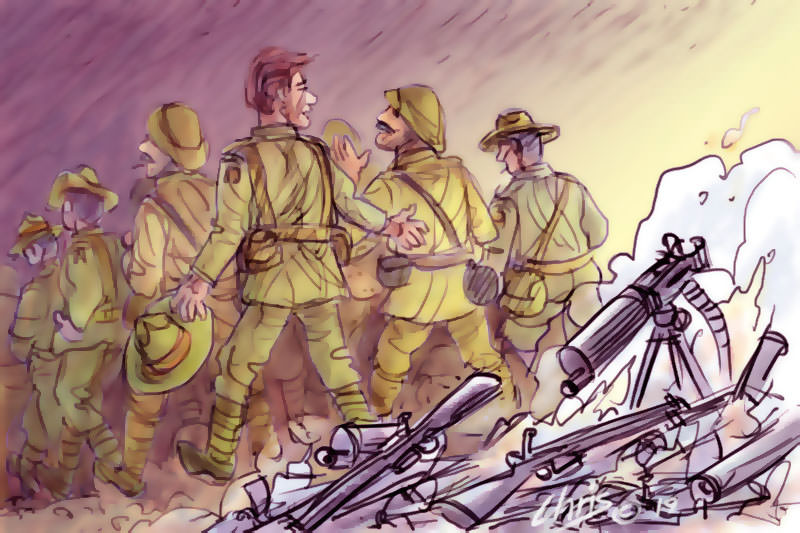
INTERNATIONAL
- Daniel Kleinsman
- 18 April 2019
27 Comments
As I wait to be reunited with my fiancée from Afghanistan, my discomfort is heightened by New Zealand's involvement in her country, and by an awareness of her sense of persecution, as a Muslim, after the Christchurch massacres. I do not feel able to partake in any traditional ANZAC service, as if nothing has changed.
READ MORE 
-
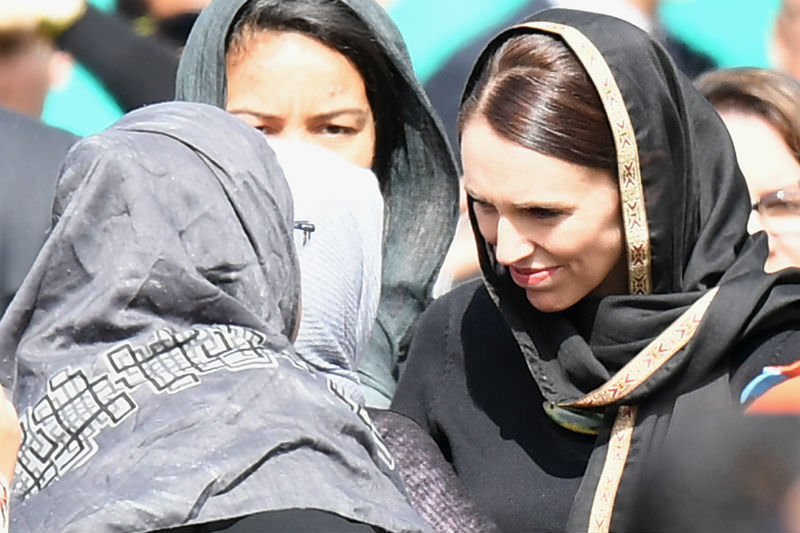
AUSTRALIA
- Andrew Hamilton
- 17 April 2019
10 Comments
The nationalist values purported to be Australian and to have flowed like blood from Anzac Cove will not do. Australians celebrating Anzac Day this year cannot assume that New Zealanders share all the values that are deemed Australian. Indeed, this Anzac Day New Zealanders might recall Australians to its more authentic meanings.
READ MORE 
-
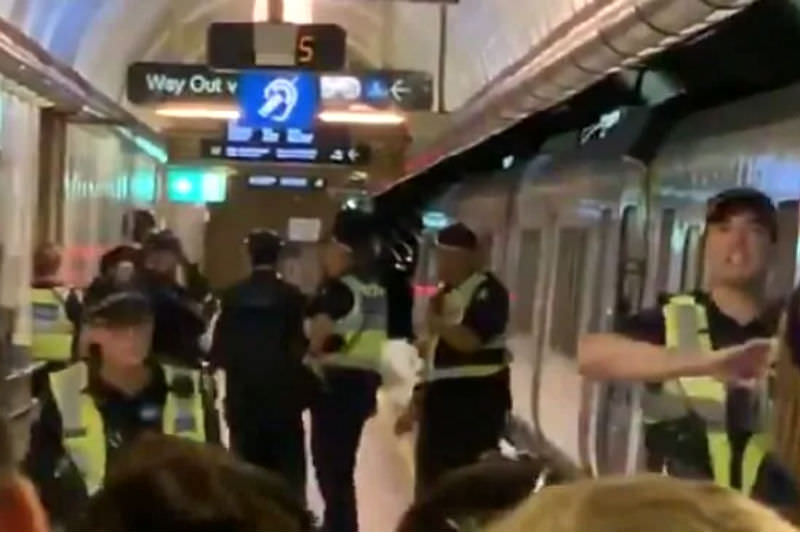
AUSTRALIA
- Susan Biggar
- 04 April 2019
4 Comments
I was on a train in Melbourne's CBD when word came through there was a suspected gunman at Flagstaff Station. It turned out to be a false alarm. After Christchurch and One Nation's attempts to cosy up to the NRA, it is not surprising guns are on our minds. For most Australians this is unfamiliar and uncomfortable. That's the way it should stay.
READ MORE 
-

MEDIA
- Binoy Kampmark
- 03 April 2019
5 Comments
The thrust of the Morrison government's changes is one of heavy handed and forced deferral, outsourcing government policing by vesting it in social media platforms. Israel's Cyber Unit, by way of contrast, has been seeking the same object via more subtle means, collaborating with Facebook and YouTube to remove errant posts and content.
READ MORE 
-
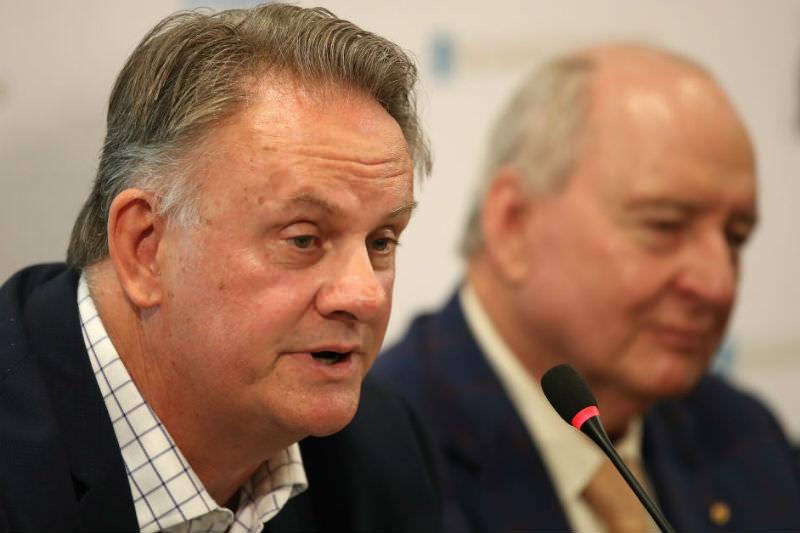
AUSTRALIA
- Moira Rayner
- 26 March 2019
11 Comments
How is it that with so few people 'on the ground', with sharp divisions among its spokespeople, and with the flight of PHON candidates, once elected, to continue to hold their seats as 'independents', the party may sneak into a position where, as Ashby and Dickson mused, they 'hold the balls of the government' in their sweaty little hands?
READ MORE 
-
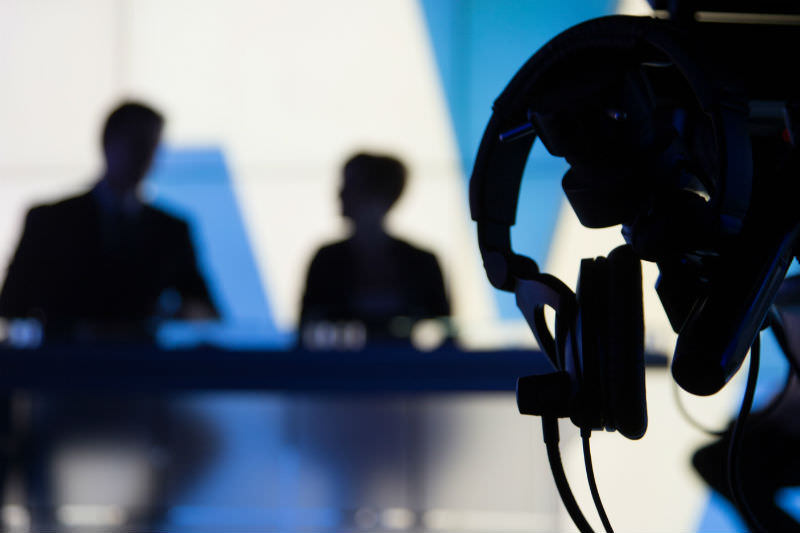
MEDIA
- Francine Crimmins
- 22 March 2019
5 Comments
The difficulty for journalists reporting emergencies is they're having to make important and hugely impactful ethical decisions right in the moment. In balancing those tough decisions, how often does the common good start drowning in what will draw the most attention from an audience, and away from competing news organisations?
READ MORE 